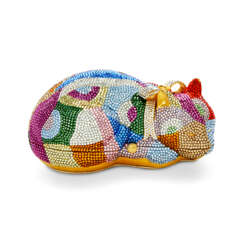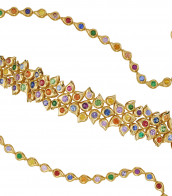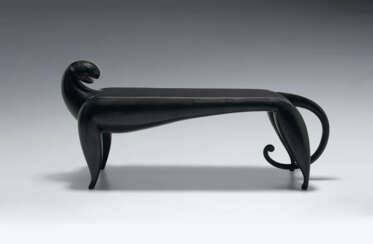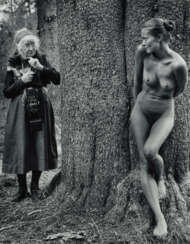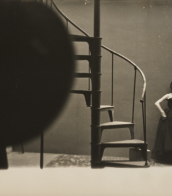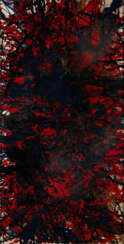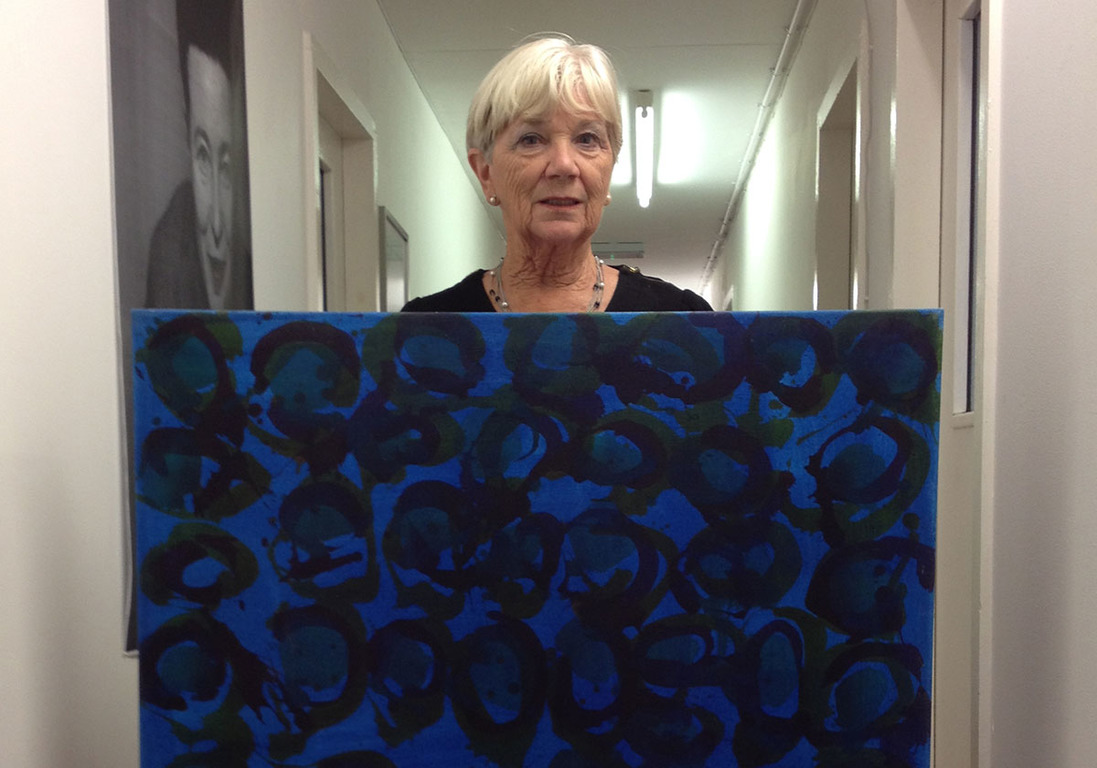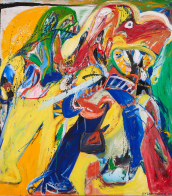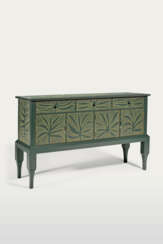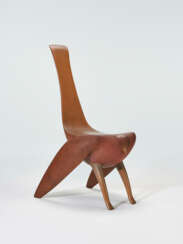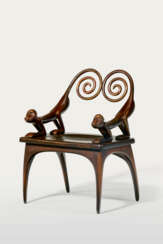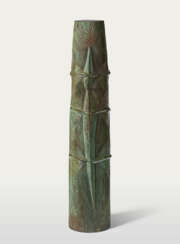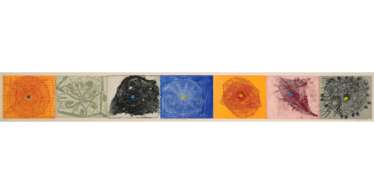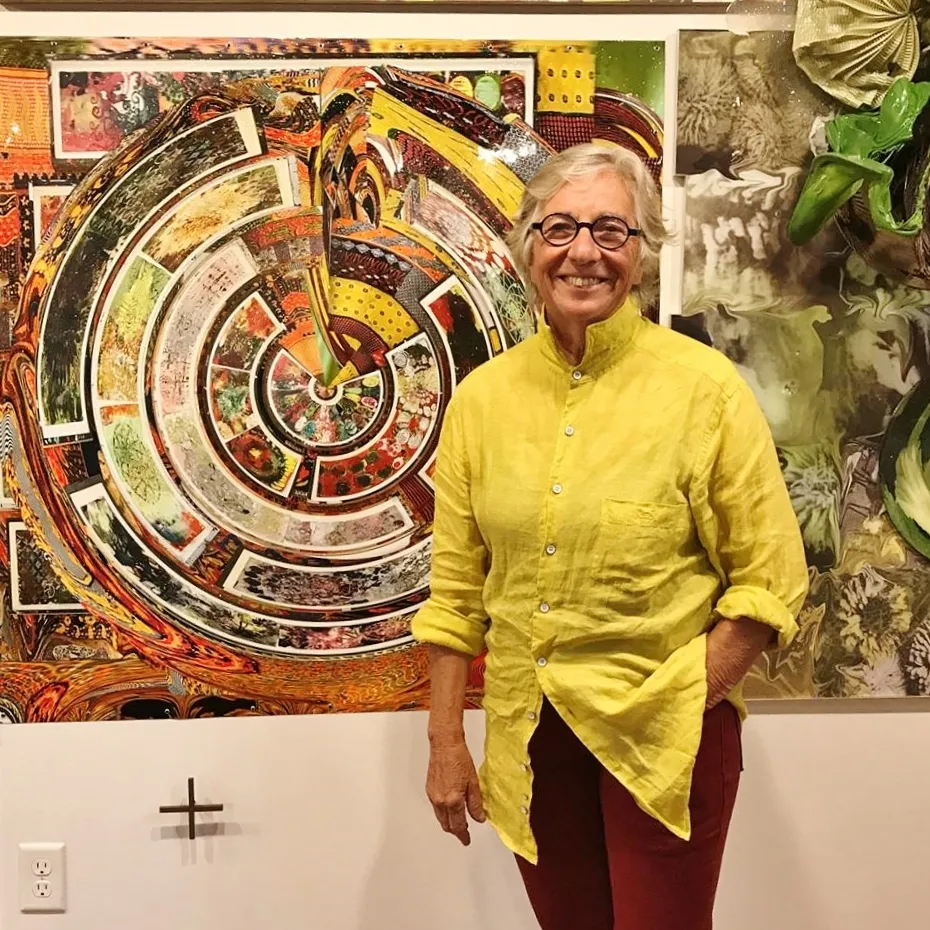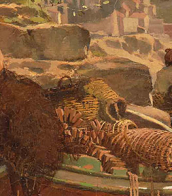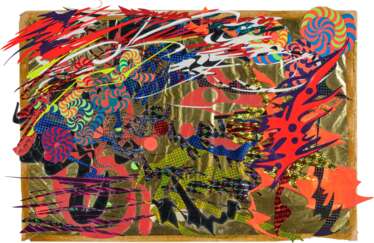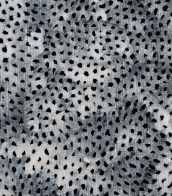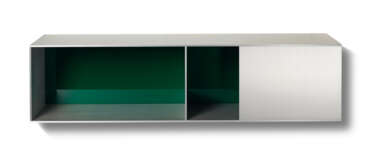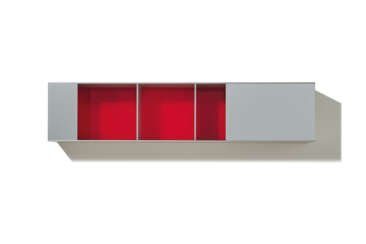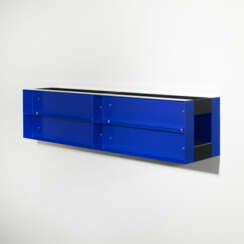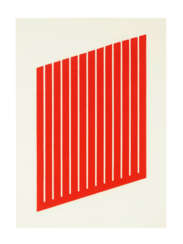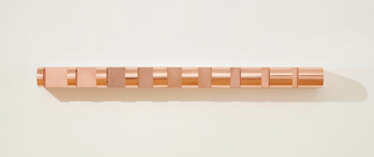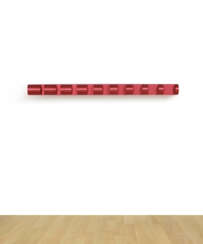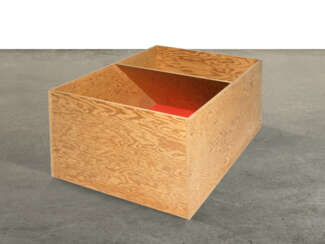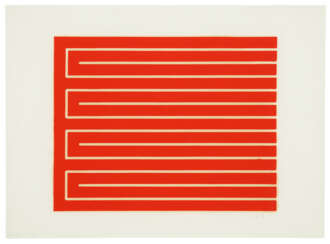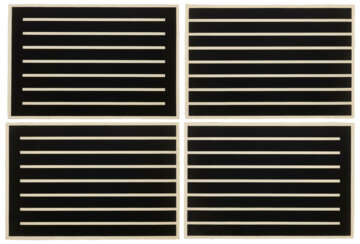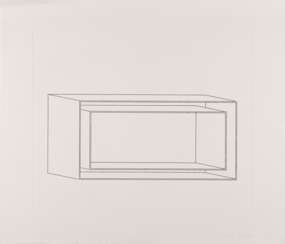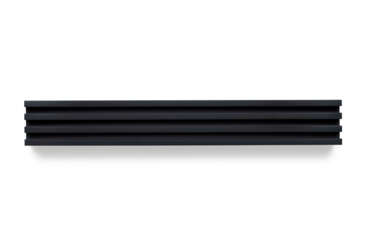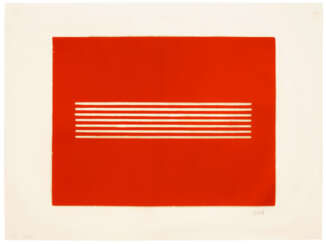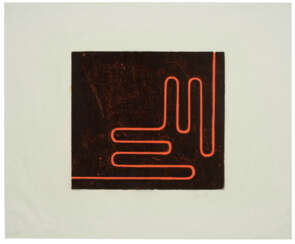jud
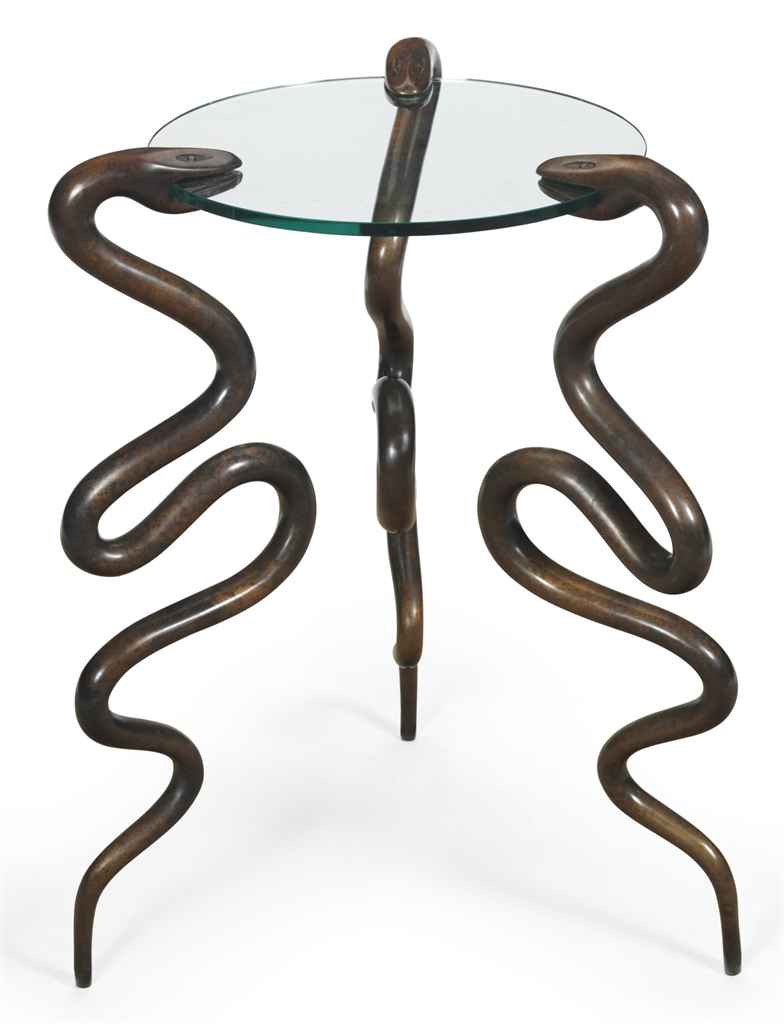
Judy Kensley McKie is an American artist, designer and furniture maker. Since 1977, she has been creating furniture in her signature style with carved animals and plant motifs.
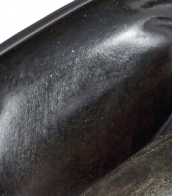


Judy Kensley McKie is an American artist, designer and furniture maker. Since 1977, she has been creating furniture in her signature style with carved animals and plant motifs.


Judy Kensley McKie is an American artist, designer and furniture maker. Since 1977, she has been creating furniture in her signature style with carved animals and plant motifs.
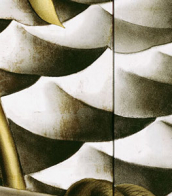

Judy Kensley McKie is an American artist, designer and furniture maker. Since 1977, she has been creating furniture in her signature style with carved animals and plant motifs.


Judy Kensley McKie is an American artist, designer and furniture maker. Since 1977, she has been creating furniture in her signature style with carved animals and plant motifs.


Judy Kensley McKie is an American artist, designer and furniture maker. Since 1977, she has been creating furniture in her signature style with carved animals and plant motifs.

Donald Clarence Judd was an American artist associated with minimalism (a term he nonetheless stridently disavowed). In his work, Judd sought autonomy and clarity for the constructed object and the space created by it, ultimately achieving a rigorously democratic presentation without compositional hierarchy. He is generally considered the leading international exponent of "minimalism," and its most important theoretician through such writings as "Specific Objects" (1964). Judd voiced his unorthodox perception of minimalism in Arts Yearbook 8, where he says, "The new three dimensional work doesn't constitute a movement, school, or style. The common aspects are too general and too little common to define a movement. The differences are greater than the similarities."
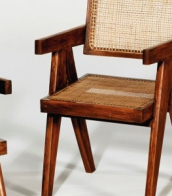
Donald Clarence Judd was an American artist associated with minimalism (a term he nonetheless stridently disavowed). In his work, Judd sought autonomy and clarity for the constructed object and the space created by it, ultimately achieving a rigorously democratic presentation without compositional hierarchy. He is generally considered the leading international exponent of "minimalism," and its most important theoretician through such writings as "Specific Objects" (1964). Judd voiced his unorthodox perception of minimalism in Arts Yearbook 8, where he says, "The new three dimensional work doesn't constitute a movement, school, or style. The common aspects are too general and too little common to define a movement. The differences are greater than the similarities."

Donald Clarence Judd was an American artist associated with minimalism (a term he nonetheless stridently disavowed). In his work, Judd sought autonomy and clarity for the constructed object and the space created by it, ultimately achieving a rigorously democratic presentation without compositional hierarchy. He is generally considered the leading international exponent of "minimalism," and its most important theoretician through such writings as "Specific Objects" (1964). Judd voiced his unorthodox perception of minimalism in Arts Yearbook 8, where he says, "The new three dimensional work doesn't constitute a movement, school, or style. The common aspects are too general and too little common to define a movement. The differences are greater than the similarities."
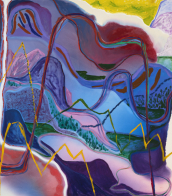
Donald Clarence Judd was an American artist associated with minimalism (a term he nonetheless stridently disavowed). In his work, Judd sought autonomy and clarity for the constructed object and the space created by it, ultimately achieving a rigorously democratic presentation without compositional hierarchy. He is generally considered the leading international exponent of "minimalism," and its most important theoretician through such writings as "Specific Objects" (1964). Judd voiced his unorthodox perception of minimalism in Arts Yearbook 8, where he says, "The new three dimensional work doesn't constitute a movement, school, or style. The common aspects are too general and too little common to define a movement. The differences are greater than the similarities."
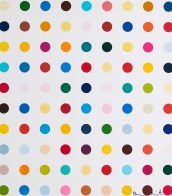
Donald Clarence Judd was an American artist associated with minimalism (a term he nonetheless stridently disavowed). In his work, Judd sought autonomy and clarity for the constructed object and the space created by it, ultimately achieving a rigorously democratic presentation without compositional hierarchy. He is generally considered the leading international exponent of "minimalism," and its most important theoretician through such writings as "Specific Objects" (1964). Judd voiced his unorthodox perception of minimalism in Arts Yearbook 8, where he says, "The new three dimensional work doesn't constitute a movement, school, or style. The common aspects are too general and too little common to define a movement. The differences are greater than the similarities."
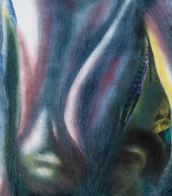
Donald Clarence Judd was an American artist associated with minimalism (a term he nonetheless stridently disavowed). In his work, Judd sought autonomy and clarity for the constructed object and the space created by it, ultimately achieving a rigorously democratic presentation without compositional hierarchy. He is generally considered the leading international exponent of "minimalism," and its most important theoretician through such writings as "Specific Objects" (1964). Judd voiced his unorthodox perception of minimalism in Arts Yearbook 8, where he says, "The new three dimensional work doesn't constitute a movement, school, or style. The common aspects are too general and too little common to define a movement. The differences are greater than the similarities."
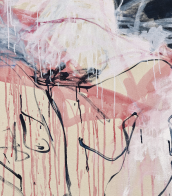
Donald Clarence Judd was an American artist associated with minimalism (a term he nonetheless stridently disavowed). In his work, Judd sought autonomy and clarity for the constructed object and the space created by it, ultimately achieving a rigorously democratic presentation without compositional hierarchy. He is generally considered the leading international exponent of "minimalism," and its most important theoretician through such writings as "Specific Objects" (1964). Judd voiced his unorthodox perception of minimalism in Arts Yearbook 8, where he says, "The new three dimensional work doesn't constitute a movement, school, or style. The common aspects are too general and too little common to define a movement. The differences are greater than the similarities."
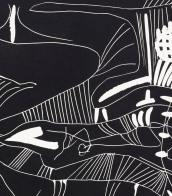
Donald Clarence Judd was an American artist associated with minimalism (a term he nonetheless stridently disavowed). In his work, Judd sought autonomy and clarity for the constructed object and the space created by it, ultimately achieving a rigorously democratic presentation without compositional hierarchy. He is generally considered the leading international exponent of "minimalism," and its most important theoretician through such writings as "Specific Objects" (1964). Judd voiced his unorthodox perception of minimalism in Arts Yearbook 8, where he says, "The new three dimensional work doesn't constitute a movement, school, or style. The common aspects are too general and too little common to define a movement. The differences are greater than the similarities."

Donald Clarence Judd was an American artist associated with minimalism (a term he nonetheless stridently disavowed). In his work, Judd sought autonomy and clarity for the constructed object and the space created by it, ultimately achieving a rigorously democratic presentation without compositional hierarchy. He is generally considered the leading international exponent of "minimalism," and its most important theoretician through such writings as "Specific Objects" (1964). Judd voiced his unorthodox perception of minimalism in Arts Yearbook 8, where he says, "The new three dimensional work doesn't constitute a movement, school, or style. The common aspects are too general and too little common to define a movement. The differences are greater than the similarities."

Donald Clarence Judd was an American artist associated with minimalism (a term he nonetheless stridently disavowed). In his work, Judd sought autonomy and clarity for the constructed object and the space created by it, ultimately achieving a rigorously democratic presentation without compositional hierarchy. He is generally considered the leading international exponent of "minimalism," and its most important theoretician through such writings as "Specific Objects" (1964). Judd voiced his unorthodox perception of minimalism in Arts Yearbook 8, where he says, "The new three dimensional work doesn't constitute a movement, school, or style. The common aspects are too general and too little common to define a movement. The differences are greater than the similarities."

Donald Clarence Judd was an American artist associated with minimalism (a term he nonetheless stridently disavowed). In his work, Judd sought autonomy and clarity for the constructed object and the space created by it, ultimately achieving a rigorously democratic presentation without compositional hierarchy. He is generally considered the leading international exponent of "minimalism," and its most important theoretician through such writings as "Specific Objects" (1964). Judd voiced his unorthodox perception of minimalism in Arts Yearbook 8, where he says, "The new three dimensional work doesn't constitute a movement, school, or style. The common aspects are too general and too little common to define a movement. The differences are greater than the similarities."
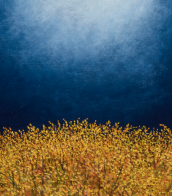
Donald Clarence Judd was an American artist associated with minimalism (a term he nonetheless stridently disavowed). In his work, Judd sought autonomy and clarity for the constructed object and the space created by it, ultimately achieving a rigorously democratic presentation without compositional hierarchy. He is generally considered the leading international exponent of "minimalism," and its most important theoretician through such writings as "Specific Objects" (1964). Judd voiced his unorthodox perception of minimalism in Arts Yearbook 8, where he says, "The new three dimensional work doesn't constitute a movement, school, or style. The common aspects are too general and too little common to define a movement. The differences are greater than the similarities."
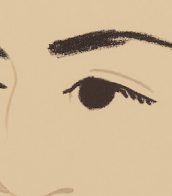
Donald Clarence Judd was an American artist associated with minimalism (a term he nonetheless stridently disavowed). In his work, Judd sought autonomy and clarity for the constructed object and the space created by it, ultimately achieving a rigorously democratic presentation without compositional hierarchy. He is generally considered the leading international exponent of "minimalism," and its most important theoretician through such writings as "Specific Objects" (1964). Judd voiced his unorthodox perception of minimalism in Arts Yearbook 8, where he says, "The new three dimensional work doesn't constitute a movement, school, or style. The common aspects are too general and too little common to define a movement. The differences are greater than the similarities."

Donald Clarence Judd was an American artist associated with minimalism (a term he nonetheless stridently disavowed). In his work, Judd sought autonomy and clarity for the constructed object and the space created by it, ultimately achieving a rigorously democratic presentation without compositional hierarchy. He is generally considered the leading international exponent of "minimalism," and its most important theoretician through such writings as "Specific Objects" (1964). Judd voiced his unorthodox perception of minimalism in Arts Yearbook 8, where he says, "The new three dimensional work doesn't constitute a movement, school, or style. The common aspects are too general and too little common to define a movement. The differences are greater than the similarities."
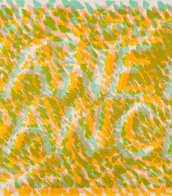
Donald Clarence Judd was an American artist associated with minimalism (a term he nonetheless stridently disavowed). In his work, Judd sought autonomy and clarity for the constructed object and the space created by it, ultimately achieving a rigorously democratic presentation without compositional hierarchy. He is generally considered the leading international exponent of "minimalism," and its most important theoretician through such writings as "Specific Objects" (1964). Judd voiced his unorthodox perception of minimalism in Arts Yearbook 8, where he says, "The new three dimensional work doesn't constitute a movement, school, or style. The common aspects are too general and too little common to define a movement. The differences are greater than the similarities."
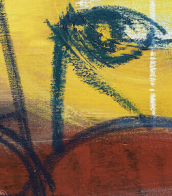
Donald Clarence Judd was an American artist associated with minimalism (a term he nonetheless stridently disavowed). In his work, Judd sought autonomy and clarity for the constructed object and the space created by it, ultimately achieving a rigorously democratic presentation without compositional hierarchy. He is generally considered the leading international exponent of "minimalism," and its most important theoretician through such writings as "Specific Objects" (1964). Judd voiced his unorthodox perception of minimalism in Arts Yearbook 8, where he says, "The new three dimensional work doesn't constitute a movement, school, or style. The common aspects are too general and too little common to define a movement. The differences are greater than the similarities."
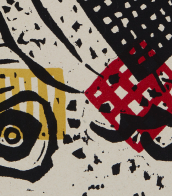
Donald Clarence Judd was an American artist associated with minimalism (a term he nonetheless stridently disavowed). In his work, Judd sought autonomy and clarity for the constructed object and the space created by it, ultimately achieving a rigorously democratic presentation without compositional hierarchy. He is generally considered the leading international exponent of "minimalism," and its most important theoretician through such writings as "Specific Objects" (1964). Judd voiced his unorthodox perception of minimalism in Arts Yearbook 8, where he says, "The new three dimensional work doesn't constitute a movement, school, or style. The common aspects are too general and too little common to define a movement. The differences are greater than the similarities."

